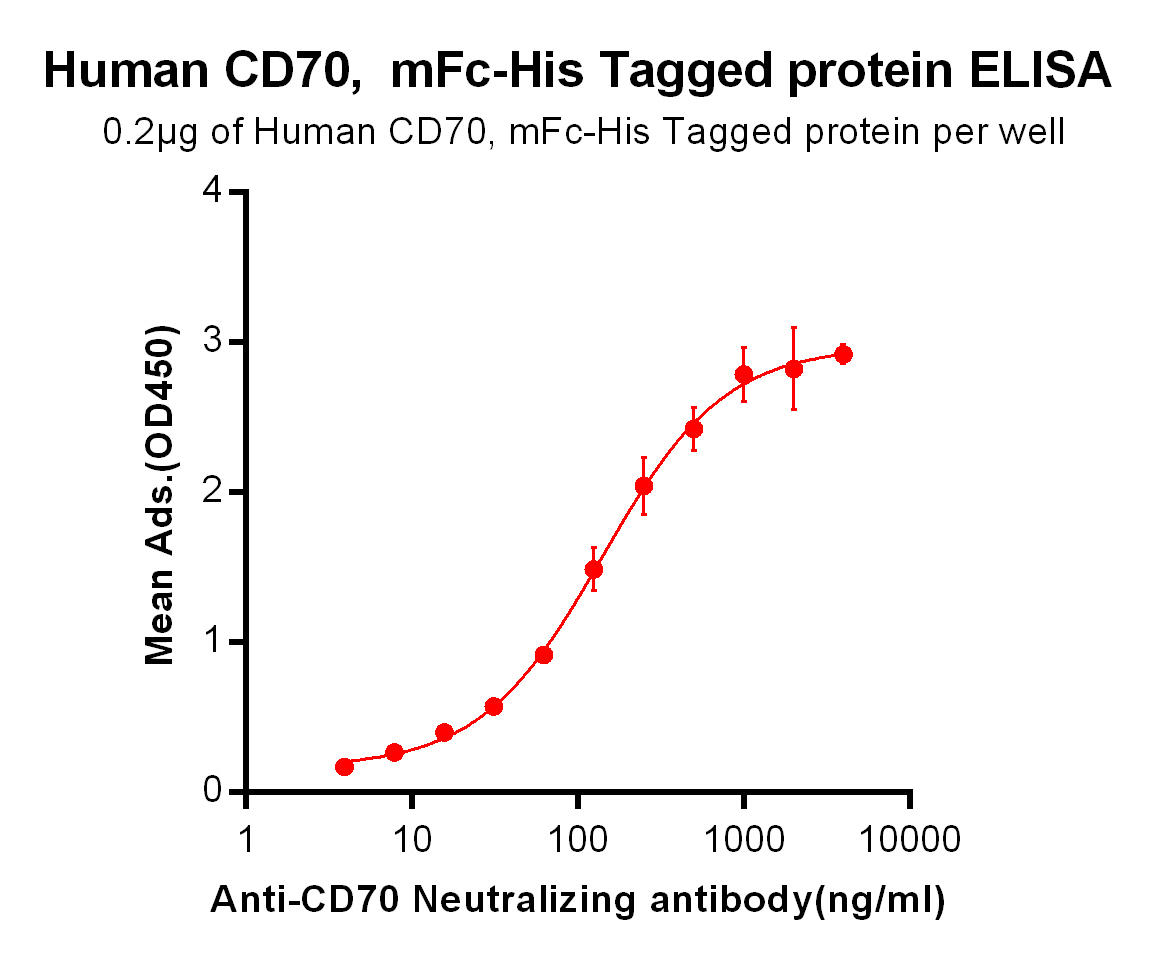Vorsetuzumab: Advancing Cancer Research with CD70 Targeting
What You Need to Know About Vorsetuzumab
What is Vorsetuzumab?
Vorsetuzumab is a monoclonal antibody targeting CD70, a protein found in various cancers. It shows promise for advancing cancer immunotherapy due to its tumor-specific activity.
What is Vorsetuzumab mafodotin?
Vorsetuzumab mafodotin is an antibody-drug conjugate combining vorsetuzumab with a cytotoxic agent. This combination delivers targeted therapy, killing CD70-positive cancer cells.
Why is Vorsetuzumab significant?
Its high specificity for cancer cells and potential to enhance immune response make it a key focus in emerging oncology research.
1.) Understanding Vorsetuzumab
Vorsetuzumab is a targeted therapeutic agent that binds to CD70, a tumor necrosis factor (TNF) family ligand involved in immune regulation and tumor progression. CD70 is minimally expressed in healthy tissues but significantly upregulated in cancers such as renal cell carcinoma, non-Hodgkin’s lymphoma, and glioblastoma. This specificity makes vorsetuzumab an attractive option for cancer therapy, offering a mechanism to selectively target cancer cells while sparing healthy tissues.
Prefer to Listen? Check out the Vorsetuzumab Podcast Episode
2.) Mechanism of Action of Vorsetuzumab
Vorsetuzumab’s mechanism of action revolves around its high affinity for CD70. By binding to this antigen, the monoclonal antibody can:
- Mediate antibody-dependent cellular cytotoxicity (ADCC) to kill cancer cells.
- Inhibit CD70’s role in immune evasion mechanisms employed by tumors.
In the case of vorsetuzumab mafodotin, the conjugated cytotoxic agent is delivered directly to CD70-expressing cells. Once internalized, the drug induces apoptosis, enhancing the therapeutic effect.

3.) Clinical Applications of Vorsetuzumab
Current research suggests a range of applications for vorsetuzumab in oncology:
- Hematological malignancies: Preliminary studies have demonstrated its efficacy in targeting CD70-positive lymphomas and leukemias.
- Solid tumors: Research is exploring its potential in glioblastoma and renal cell carcinoma.
- Combination therapies: Vorsetuzumab is being evaluated in combination with immune checkpoint inhibitors to enhance anti-tumor responses.
While clinical trials are ongoing, vorsetuzumab’s role as a targeted therapy continues to evolve with advancements in cancer immunotherapy.
4.) Advancing Research on Vorsetuzumab
Our biosimilar product, Vorsetuzumab Biosimilar, offers unique advantages for research settings.
What is a Biosimilar?
A biosimilar is a biologic product highly similar to an original reference product, with no clinically meaningful differences in safety, purity, or potency. Biosimilars provide researchers with cost-effective tools for studying therapeutic mechanisms and drug efficacy.

| Vorsetuzumab (Anti-CD70) Biosimilar Antibody | |
|---|---|
| Antibody Type: | Monoclonal Antibody |
| Protein: | CD70 |
| Reactivity: | Human |
How Does Vorsetuzumab Biosimilar Support Research?
- Consistency: Offers a reliable alternative for exploring CD70-targeted therapies.
- Scalability: Facilitates high-throughput studies without the cost barriers of reference products.
- Research Use Only: Exclusively designed for in vitro and preclinical applications, enabling groundbreaking discoveries without clinical implications.
By leveraging the Vorsetuzumab Biosimilar, researchers can deepen their understanding of CD70-targeted treatments and contribute to advancements in cancer therapy.
Discover Our Biosimilar Range
At Assay Genie, we specialize in providing high-quality biosimilars for research use! Check out our full biosimilar range to learn more.

By David Lee, PhD
Recent Posts
-
Metabolic Exhaustion: How Mitochondrial Dysfunction Sabotages CAR-T Cell Therapy in Solid Tumors
Imagine engineering a patient's own immune cells into precision-guided missiles against cancer—cells …8th Dec 2025 -
The Powerhouse of Immunity: How Mitochondrial Fitness Fuels the Fight Against Cancer
Why do powerful cancer immunotherapies work wonders for some patients but fail for others? The answe …5th Dec 2025 -
How Cancer Cells Hijack Immune Defenses Through Mitochondrial Transfer
Imagine a battlefield where the enemy doesn't just hide from soldiers—it actively sabotages their we …5th Dec 2025




